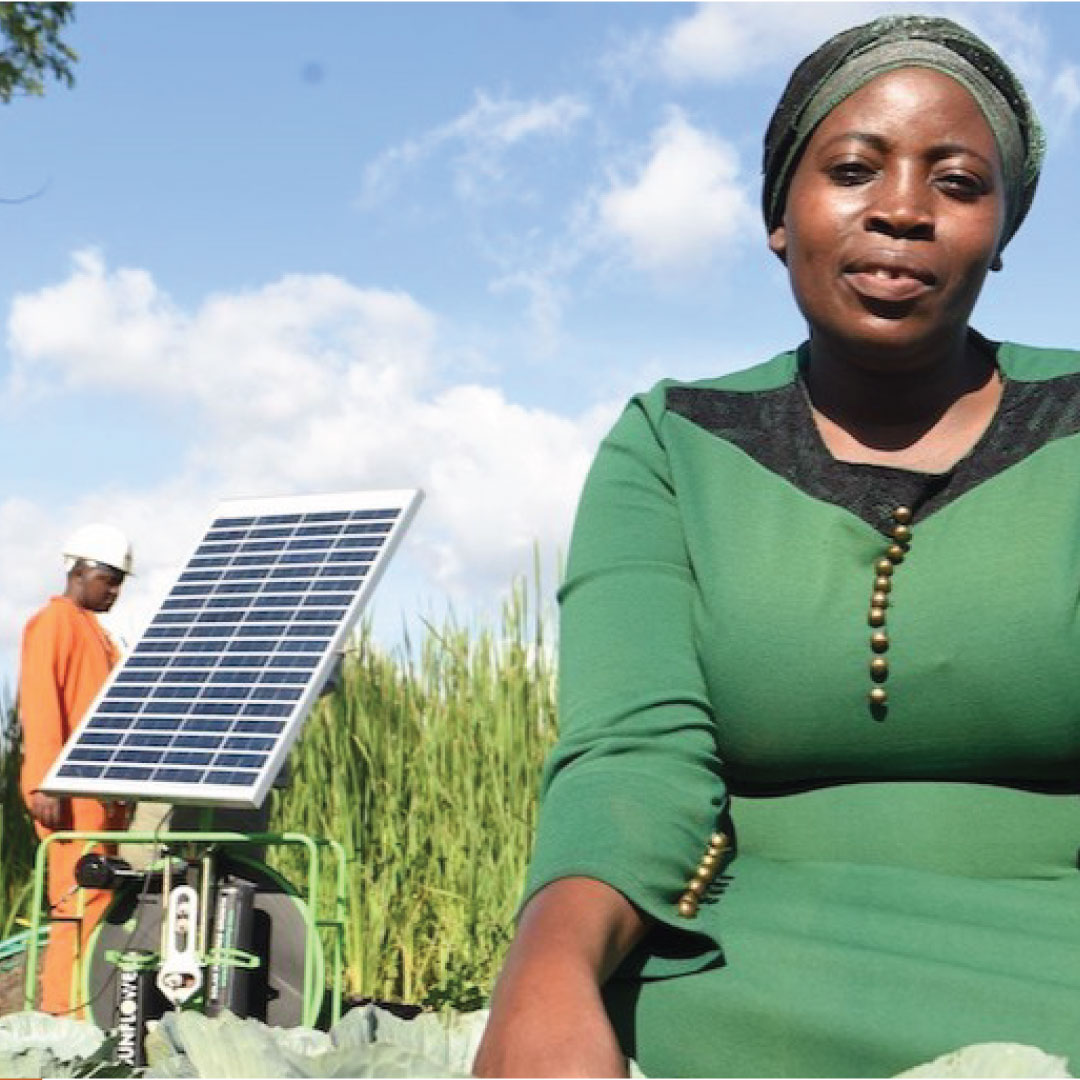The African Development Bank Board of Directors has approved the creation of a €4 million Africa Circular Economy Facility to promote the circular economy inclusion in African efforts to meet nationally defined contribution (NDC) commitments.
About The New Africa Circular Economy Facility
The Facility, which will be a multi-donor trust fund, will run for five years and will receive initial funding of €4 million from the Finnish government and the Nordic Development Fund. The Board of Directors approved the project on March 30, 2022.
What You Need To Know About Circular Economy
The circular economy is a production and consumption paradigm that encourages people to share, lease, reuse, repair, refurbish, and recycle existing materials and products for as long as feasible. NDCs, as defined by the Paris Agreement, represent each signatory’s efforts to reduce national emissions and adapt to climate change impacts. The Paris Agreement includes all 54 African countries.
What The African Circular Economy Facility Will Focus On
The Facility will focus on three major areas: institutional capacity building to boost the regulatory environment for circular economy innovations and practices, business development support, and technical assistance to the African Circular Economy Alliance. The Alliance secretariat is housed at the African Development Bank.
Read Also : Lemonade Finance expands its network across African markets
“Putting in place a dedicated financing vehicle for the circular economy positions the Bank as a champion of solutions that decouple Africa economic growth from unsustainable extraction of natural resources,” said Al-Hamndou Dorsouma, Officer-in-Charge for Climate Change and Green Growth at the African Development Bank.
The African Development Bank High-5 development priorities are advanced in part because of circular economy ideas.
More On The Africa Circular Economy Facility
The Facility will be used to integrate the Bank portfolio of circular economy-related enterprises, such as renewable energy, climate-smart agriculture, and green manufacturing. It will help African countries meet their NDC goals while simultaneously advancing their progress toward the UN Sustainable Development Goals.
According to Dorsouma, the Bank will use its network to bring in more donors and partners.
Read Also : East Africa’s Mombasa Tea Auction House Goes Digital
In recent years, the circular economy model has gained traction as a model for long-term development. The African Union and the African Ministerial Conference on the Environment have identified circularity as a priority topic for their respective recovery initiatives started in the aftermath of the Covid-19 outbreak at the continental level.
Several African countries have included circular economy in their NDCs, and others are working on building national circular economy action plans.
